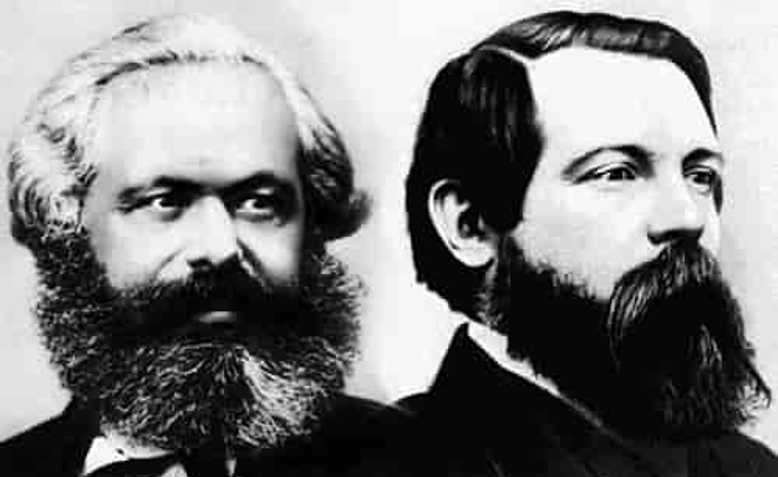
On the 175th anniversary of its publication, we re-post this 2015 article from Kate Connelly on why the The Communist Manifesto is more important than ever
Weeks after the publication of The Communist Manifesto at the beginning of 1848, protest movements transformed into revolutionary struggles which overthrew powerful ruling elites in country after country across Europe. It was a time of intense debate about how to change the world.
Groups of Utopian socialists attempted to create ideal communities in the present which they hoped would be so appealing that everyone would choose to live in this way. Others dreamed up schemes to make capitalism more fair and equal. In periods of severe state repression small conspiratorial groups were more inclined to believe that revolutionaries should initiate uprisings themselves, or to turn to individual terrorism, which they hoped would galvanise the masses into action.
Karl Marx argued against all these approaches, insisting instead that fundamental social change could only be achieved through the mass, collective action of ordinary people. Anything else was elitist and would prove unable to mount an effective challenge to capitalism.
Marx spent his life examining the structure of capitalism in order to understand how we can overthrow it. He argued that modern society is increasingly divided between a small class of capitalists and a large working class.
The very structure of this society tells the vast majority that we are not worth decent pay, that all we are useful for is our capacity to work as hard and for as long as we can. Meanwhile, a wealthy elite control the big corporations, the armed forces, the political establishment and the media. It is easy to understand why some people conclude that workers are essentially powerless.
The Communist Manifesto set out to show that although capitalism might appear to be all-powerful, in fact it has a fatal weakness: capitalism cannot survive without the working class. All the goods and services in society, from the production and delivery of food, to telesales, to the ambulance service, are run by workers.
Tiny minorities
Workers produce all the wealth in society, but the structure of that society ensures that the vast majority of that wealth remains in the hands of a tiny minority. We cannot change that as individuals, but then we would not expect to make all the food, get it to the shelves, run the trains or the hospitals as individuals either.
Marx emphasised that workers were not powerless. They were potentially the most powerful class in society but they could only realise that power by using its collective strength. Marx therefore supported the emerging trade unions, the Chartist movement, and the protest meetings and demonstrations to increase the franchise because he understood that when working people joined together in huge numbers they not only changed the balance of power in society, they changed themselves, gaining confidence that they could struggle for so much more. Indeed, that “they have a world to win.”
Before you go
Counterfire is growing faster than ever before
We need to raise £20,000 as we are having to expand operations. We are moving to a bigger, better central office, upping our print run and distribution, buying a new printer, new computers and employing more staff.

